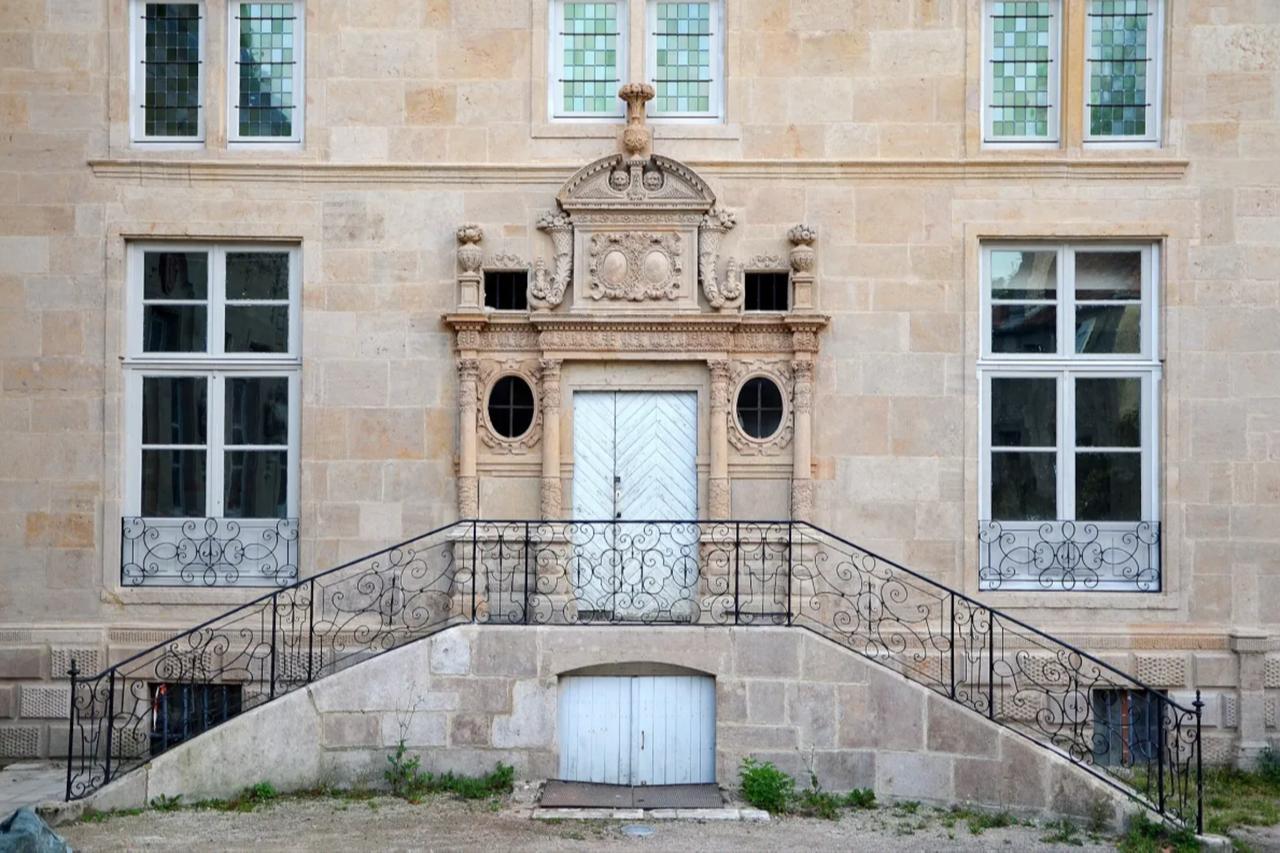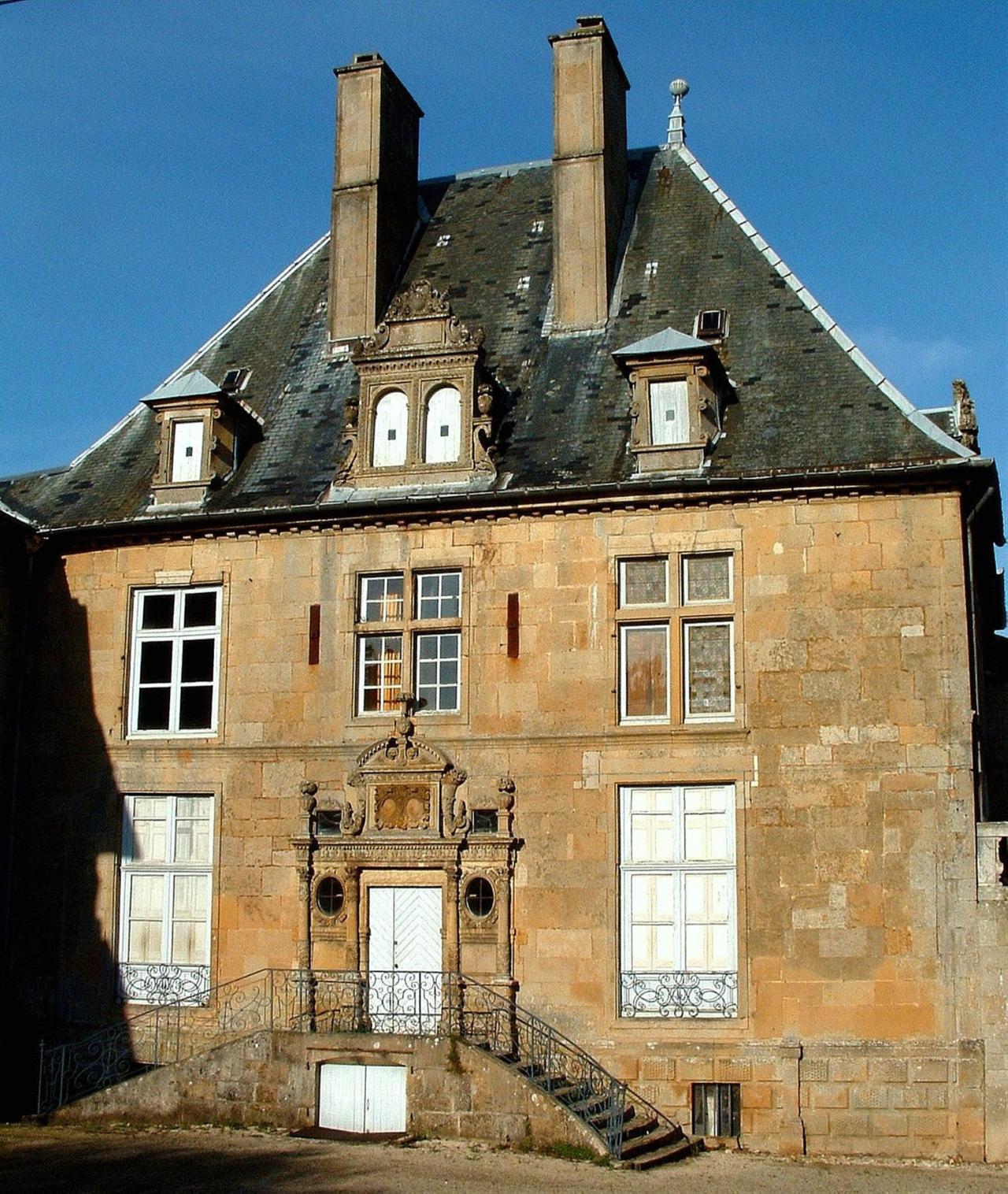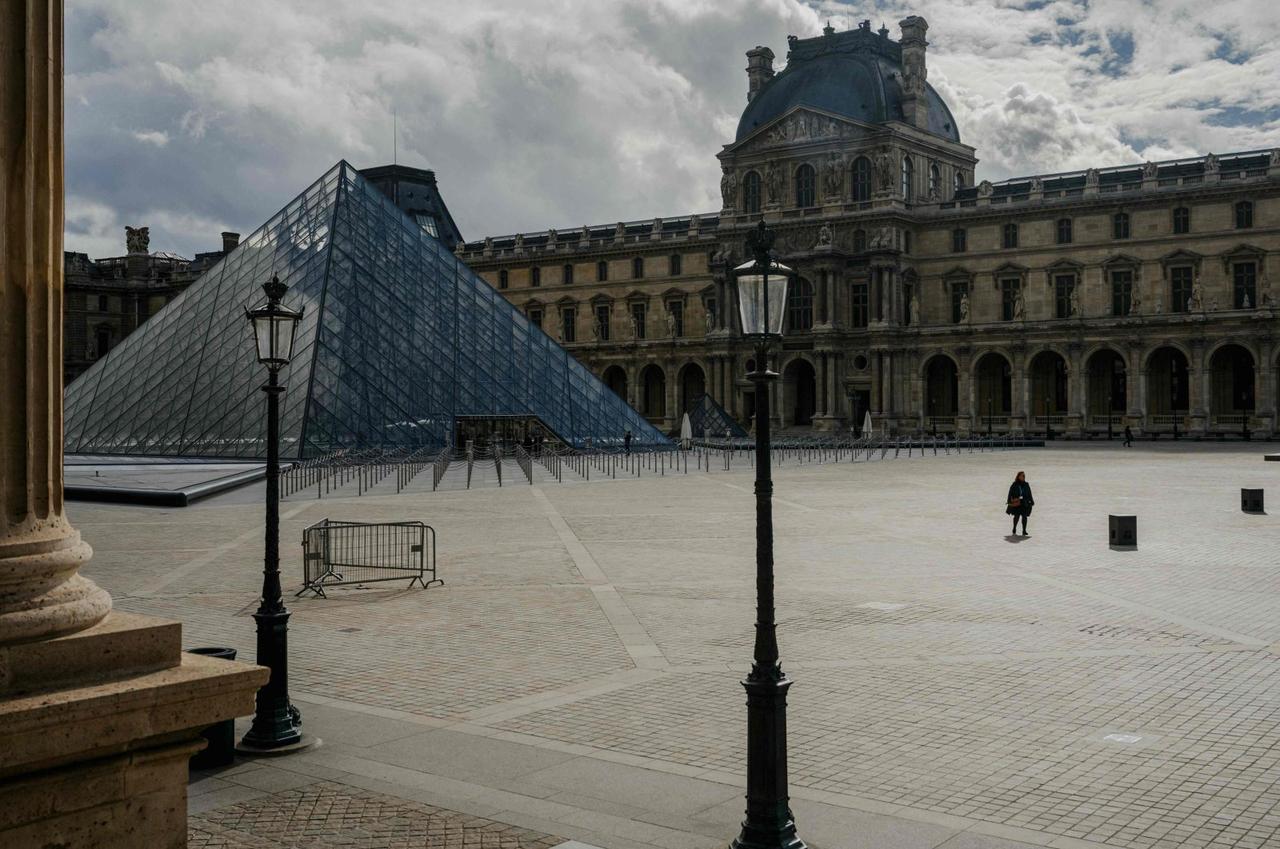
Just hours after the spectacular daytime theft at the Louvre in Paris on Sunday, thieves broke into the House of Enlightenment, Denis Diderot, in Landres in north-eastern France. The museum, dedicated to the 18th-century philosopher Denis Diderot and holding manuscripts, letters, and historical objects, reported in a Wednesday statement that the intruders made off with around 2,000 silver and gold coins. The initial inquiry indicates they selected the loot with notable expertise and precision.

Since early September, French museums have faced a run of burglaries that follow a similar playbook and single out coins, jewelry, and items of high historical value.
Authorities have not established whether the crimes are connected.
In mid-October, the Jacques Chirac Museum in Sarran in south-western France was burgled twice within 48 hours.
The institution houses roughly 5,000 diplomatic gifts presented to Jacques Chirac during his two presidential terms from 1995 to 2007; diplomatic gifts are official presents exchanged between states and leaders.
Within a two-week window in September, burglars struck the National Adrien Dubouche Museum in Limoges and the Natural History Museum in Paris. In Limoges, three Chinese porcelain objects classified as “national treasures”—a French designation for culturally significant works—were taken, with an estimated value of €6.5 million (about $7.5 million).
Days later, several gold nuggets worth €1.5 million disappeared from the Natural History Museum. During the investigation, police arrested a 24-year-old Chinese woman in Barcelona; it is not yet clear whether she acted alone or with accomplices.

The highest-profile incident unfolded at the Louvre on Sunday, when masked thieves stole eight pieces of jewelry in broad daylight. The haul—estimated at €88 million—included a tiara, a necklace, and a bracelet once linked to Napoleon’s family.